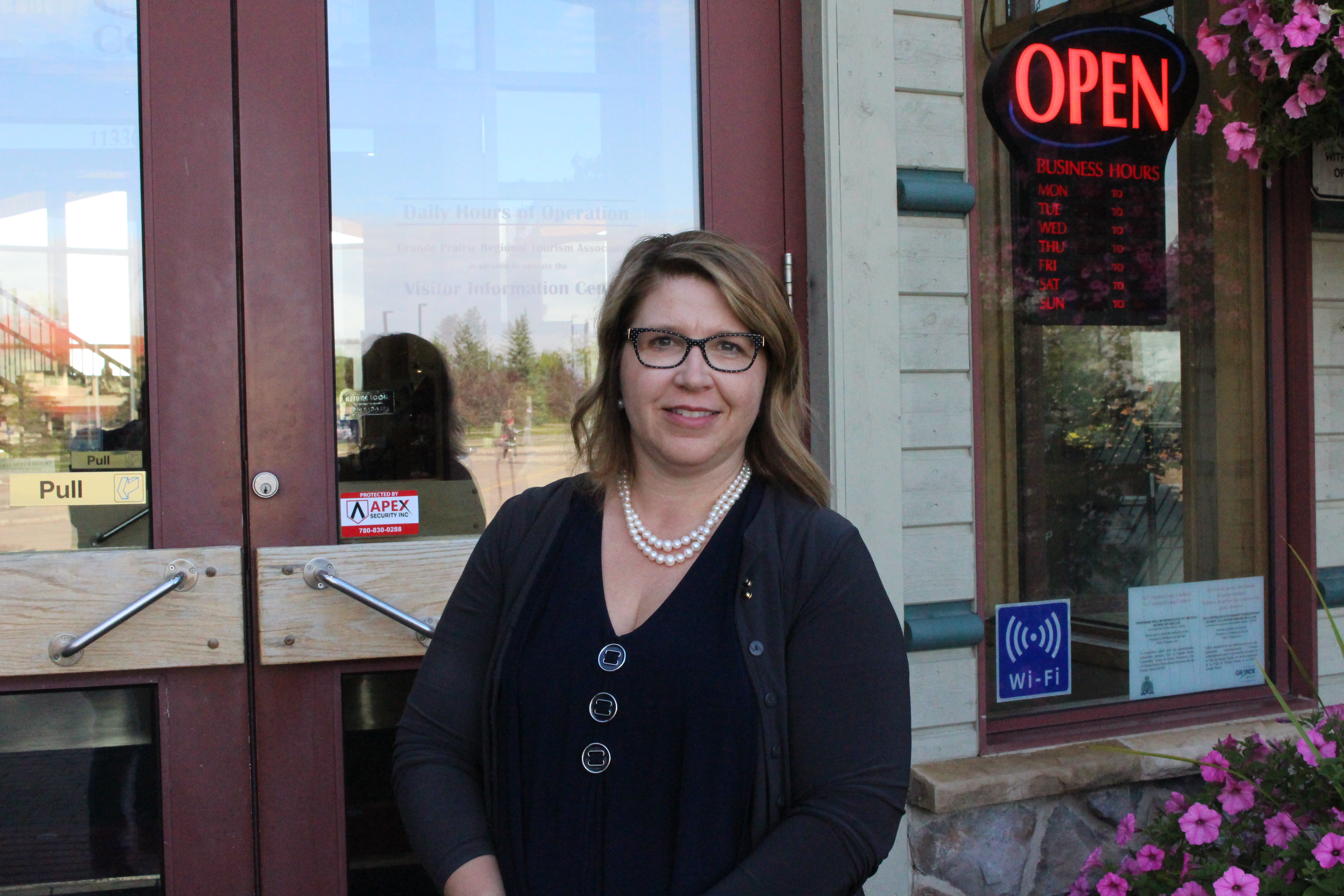After consulting with municipal leaders across the province, Alberta’s government has decided not to move ahead with any of the four recommendations proposed in the new oil and gas tax assessment model review. Grande Prairie MLA and Minister of Municipal Affairs Tracy Allard says those options are on pause until further notice.
“I felt we needed a better understanding of our municipalities’ concerns and of the overall impact of any change,” she says. “I believe that you can’t tinker with the pieces without taking a step back and looking at the whole of what you’ve done. We needed to find a balance between the municipal concerns and the energy [sector] concerns.”
Allard says she heard from municipalities that if the government had decided to continue with any of the proposed scenarios, local governing bodies would be forced to raise taxes significantly, cut services, or both. The County of Grande Prairie had argued one of them would have forced residential tax rates to increase by up to 52 per cent, and non-residential rates to rise by up to 15 per cent. In the MD of Greenview, its annual tax revenue could reportedly drop by up to 12 per cent.
On the flip side, the message from oil and gas producers suggested if their tax concerns were not addressed, their businesses would no longer remain viable. Allard says this new solution is being enacted with the interests of both parties in mind.
“We tailored this solution based on what we heard. This is why we did not choose one of the four scenarios. The energy industry and municipalities continue to have a mutually dependent relationship,” she says. “There will be no property taxes charged on new wells and pipelines for three years, to kickstart investment in our energy industry here in Alberta. This will be reflected in the 2021 assessed values and applied for taxation in 2022, 2023, and 2024.”
Allard adds this is meant to provide an incentive for future investment, but it is still only the first step. The Well-Drilling Equipment Tax is also getting rid of its tax on well drilling equipment
“Eliminating this tax will encourage our industry to drill more wells within our communities at this time. As a result, this will create more jobs and more tax revenue for our municipalities in the long term, by again, expanding their assessment base,” she says. “In addition, to keep the less productive oil and gas fields viable across the province, we will lower their assessment.”
Allard reports these measures are meant for the short-term. In the upcoming months the provincial government will reportedly be developing a plan for a longer-term review of the regulated assessment system, including the ongoing issue of unpaid taxes in the energy industry.


